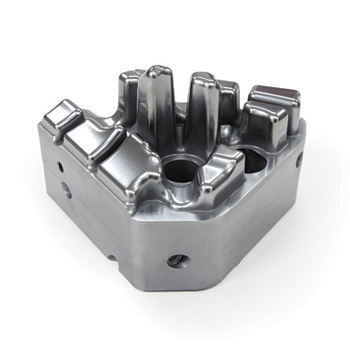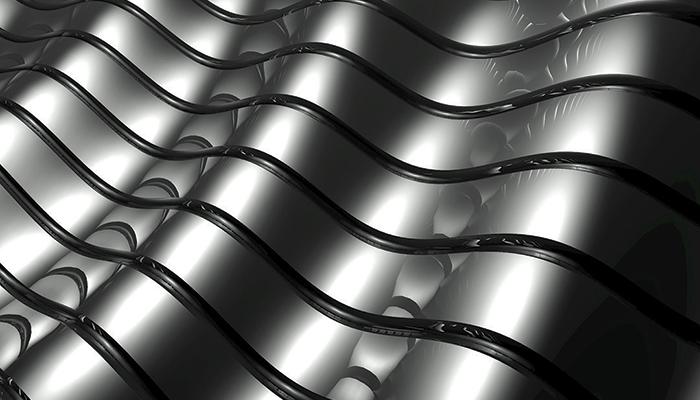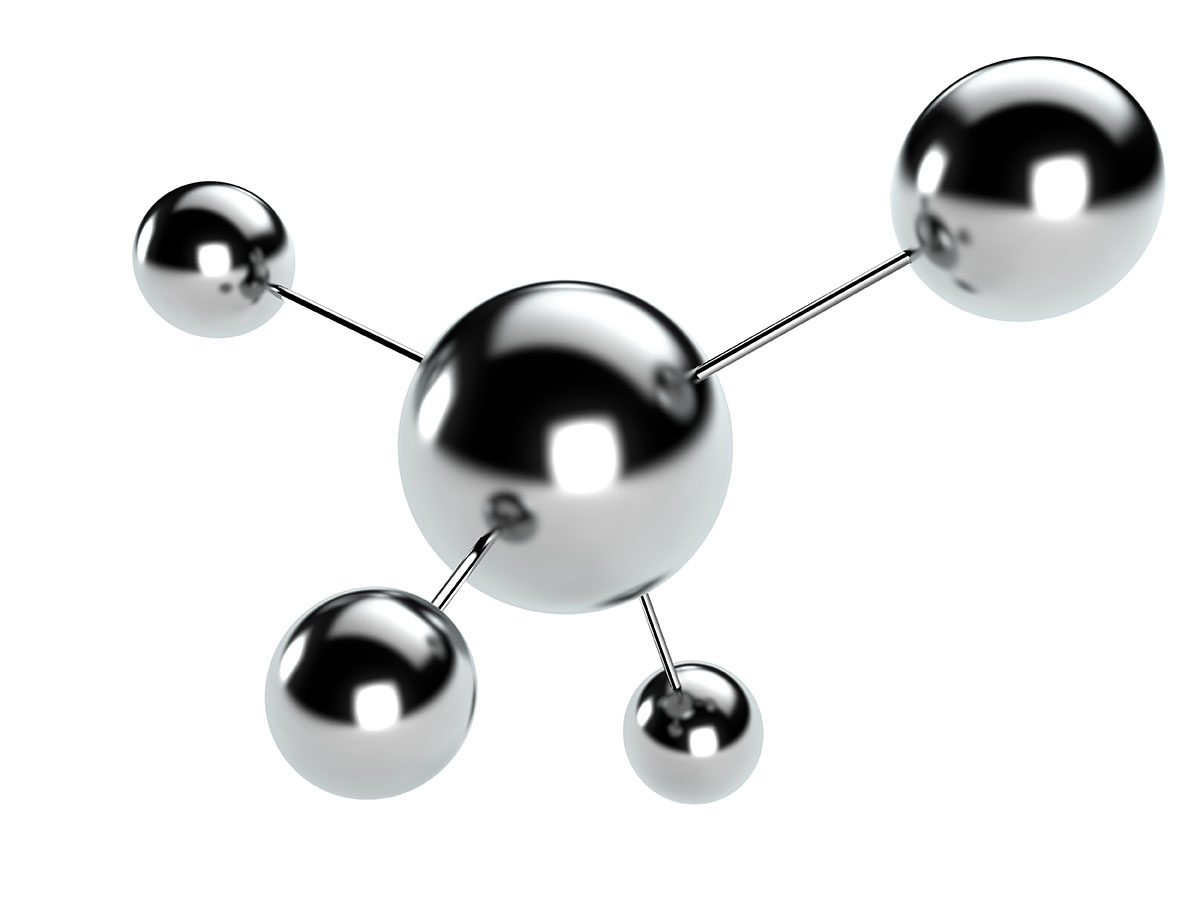FORTIPHY™ XVD


FortiPhy XVD CrN+ consists of a proprietary Plasma ion Nitride support layer beneath our Chromium Nitride which is deposited through Phygen’s XVD (Xcelerated Vapor Deposition) process.
FortiPhy XVD goes beyond conventional cathodic arc technologies by utilizing magnetic fields to increase ionization efficiency. This increases plasma density while accelerating the enhanced plasma collectively by means of an electromagnetic force. Phygen’s accelerated plasma process results in a large number of ions with a velocity within a specific range bombarding the substrate during coating deposition. Intense bombardment by ions of moderate energy ensures that crystalline configurations with weaker bonding can be minimized while preserving stronger bonds. As a result, Phygen coatings feature stronger adhesion, superb crystalline structure, denser coating with fewer defects and exceptional mechanical properties. Plasma ion Nitriding plus coating increases substrate material surface hardness, resistance to thermal fatigue and provides better mechanical support for the coating to resist higher contact loads.

FEATURING
NANOPERFECTION™ TECHNOLOGY
Phygen’s FortiPhy™ XVD process is based on our Nanoperfection™ technology, a revolutionary breakthrough in plasma acceleration science. FortiPhy™ XVD delivers smaller, more consistent nanoparticles while eliminating 90% of the macroparticle flaws and surface defects common to conventional PVD surface coatings.

FORTIPHY™ XVD

ADVANTAGES
Superior abrasive wear resistance
Excellent corrosion resistance
Unprecedented adhesion strength
Reduces friction and prevents galling
Thin film coating preserves critical dimensions of tight tolerance parts
Can be stripped and re-applied multiple times
INDUSTRIES
Automotive
Medical
Food Processing
Military
Others
APPLICATIONS
Metal Forming Tools
Deep Drawing Punches and Dies
Aluminum Die Casting Tools
Plastic Injection Molds
Precision Machine Components
Out-of-the-box applications
COATING PROPERTIES
Composition
Crystal structure
Microstructure
Non-columnar, equiaxially grained
Average grain size, nm
16–25
Modulus of Elasticity, GPa
370–400
Nano-Indentation Hardness, GPa
22–30
Adhesion strength (scratch test critical load), N
115–120
Coefficient of Friction (CoF)
0.18–0.22 (DRY NITROGEN, WC BALL)
0.28 ±0.02 (DRY AIR, ALUMINA BALL)
Coating Wear Rate, mm3/Nm
Coefficient of Thermal Expansion (CTE), x10-6/K
5.5–7 (20–600°C / 68–1112°F)
Oxidation Temperature (max. service temperature)
800–850°C / 1472–1562°F
Color
Silver
